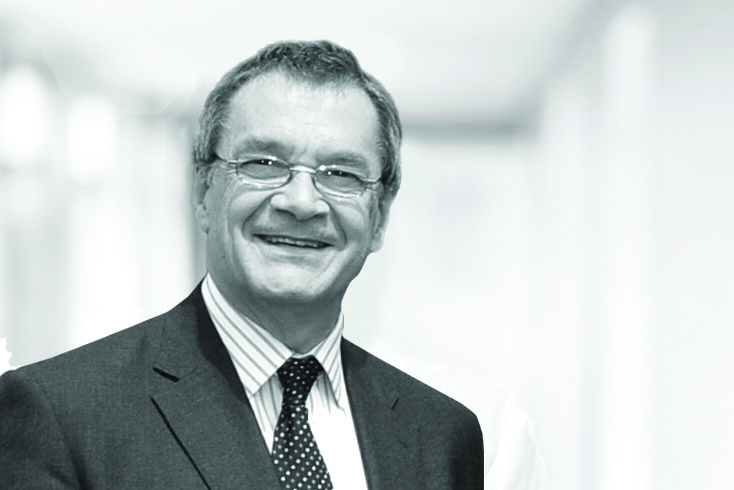Flexible commissioning could lead to greater progress
NewsPosted by: Dental Design 21st February 2020

One of the biggest changes in career structures in general dental practice over the last 50 years has been the move towards a more portfolio pattern of working. Gone are the days when you graduated, sought a job as an associate and then looked for a practice to either own or become a partner with an almost total focus on providing NHS services. There is now a range of career options involving engagement in education, mentoring, specialisation, research and leadership in commissioning via Local Dental Networks and Managed Clinical Networks. There are also much greater opportunities to develop outside of the NHS.
There does, however, remain one of these areas where developing a career as a general dental practitioner is much harder than it should be. The vast majority of dental services are provided in primary care so why is it that almost all the clinical research is carried out by those working in the secondary care sector? I am afraid to say that the odds are stacked against a general dental practitioner looking to develop a career in research and that there are a number of significant impediments which need addressing. Traditionally the vast majority of dentists have been excluded from playing their part in clinical research in anything other than a minor way. Why is this when the primary care setting offers huge opportunities to develop new approaches, techniques and materials for patient benefit in the environment where most patients are seen and by those who will ultimately be providing most of this care? Perhaps in recognition of how important this is, there are more than 50 professors of primary care within the wider NHS. The key difference; general dental practice is not a specialty.
Why do dentists pursuing a career including academic research need to be either a specialist or on a specialist training programme?
Why is it so hard for those who do not wish to pursue a specialty career pathway? If general dental practice must remain a generalism, for technical reasons explored extensively by the GDC, then why not create a specialty of academic primary care, including research?
There is a risk of being too cynical and thinking that the status quo rather suits those in secondary care who have specialist status, do not have to pay their own personal indemnity costs, are not constrained by what can be provided under the NHS regulations regarding new treatments and do not have to share the possibility of achieving a consultant post with associated merit awards and research grants with a much wider group.
I have been talking about using the existing flexibilities in the commissioning legislation as a more viable alternative to one size fits all contract reform for a long time. Years ago, Susie Sanderson, when she was chair of the BDA’s Executive Board, wrote in the BDJ that the problem with primary care commissioning was not that the legislation was rigid but that the existing flexibilities were not being used, she is even more right now than she was then. As the career options grow and usually lead to better outcomes for patients surely now is the time to focus on flexible commissioning, not on a contract reform programme which has now been running for 12 years without any sign that it can come up with one single model which is acceptable to everyone.
The greatest improvements in services and outcomes come through research and education; surely the commissioners should invest some of the money they recoup from underdelivered contracts in this way.
On a completely different tack, congratulations must go to Simon Stevens, for two reasons, firstly on receiving a knighthood in the New Year Honours list, being Chief Executive of the NHS must be one of the most difficult jobs in the country with difficult decisions to make every day, not being in the position to please everyone because of the financial restraints and workforce shortages he has to work with (something dental providers will empathise with) and constantly being open to criticism from people who have never worked in that environment or have any idea about working within a budget. Secondly, he made a statement about homeopathic medicine before Christmas which has needed saying for a long time. I am reminded of a comment made by the comedian Dara O’Brian in one of his stand up shows; he said “What do you call homeopathic medicine that works? Medicine!” Treatments offered to patients should be evidence based or it should be clearly explained to patients that there is no evidence to support a particular treatment, and the term “homeopathic” normally means without supporting evidence, a bit like people who promote fluoride free toothpaste as a good option! Finishing closer to home, it was good to see a general dental practitioner who is developing a portfolio career also being mentioned in the New Year Honours list. Congratulations Jason Wong MBE.








